Water fight attracts federal interest
Interior Secretary visits Don Pedro, New Melones
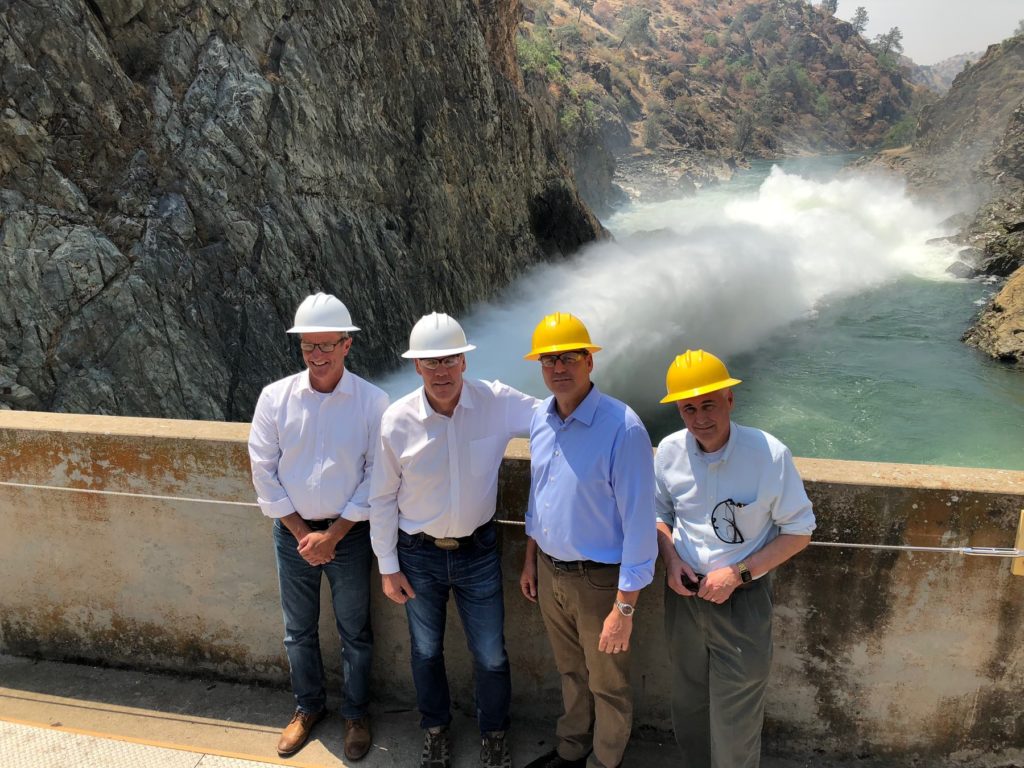
In the midst of a state decision that the Turlock Irrigation District says could “drastically impact our communities,” Interior Secretary Ryan Zinke visited the two reservoirs on Friday that are in the middle of California’s water war.
Zinke was invited by Congressmen Jeff Denham and Tom McClintock to tour both Don Pedro Reservoir and New Melones just weeks after the State Water Resources Control Board released its final draft of the Bay-Delta Water Quality Control Plan update, which calls for allocation of 40 percent of unimpaired flows along the lower San Joaquin River and its tributaries — the Stanislaus, Tuolumne and Merced rivers — to help rehabilitate the area’s native fish species.
“Our goal here today is to show him not only the opportunities we have for more water storage for a growing state, but to also show him the devastation that can happen if you push all of our water out to the ocean,” Denham said, whose two amendments to stop part of the state’s plan passed the House of Representatives on Thursday. “It will dry up agriculture. It will dry up our communities.”
Farmers and San Joaquin Valley residents alike fear that the state’s plan would significantly reduce the amount of water available for irrigation, consumption, recreation and power supply. The visit from the high-ranking Trump Administration official has likely lifted their spirits, as Zinke expressed interest in attempting to solve the problem at the federal level.
You’ve put $25 million into studies, but the two sides are not together. My interest is bringing all the sides together and reducing the process, and making sure all stakeholders have a say.Interior Secretary Ryan Zinke
“It’s not a Republican or Democrat issue, it’s an American issue,” Zinke said. “We want to restore trust and be a partner in a solution.”
The Secretary, who oversees the nation’s million acres of public land, believes that storage is a main factor in finding a solution to the state’s water allocation woes, and McClintock pointed out that no new infrastructure has been built in the area since New Melones was completed in 1979. Zinke was also shocked that the $25 million TID and Modesto Irrigation District ratepayers have provided for scientific studies in Don Pedro’s relicensing process, which includes alternate methods for protecting endangered fish, has been largely ignored by the state.
“You’ve put $25 million into studies, but the two sides are not together. My interest is bringing all the sides together and reducing the process, and making sure all stakeholders have a say,” Zinke said. “Some of the demise of the species is not just water flow, it somewhat has been predation…but the different bureaus have to align.”
Denham said that Congress is working with the Trump Administration to develop “one agency, one decision,” for water allocation.
“We should not be seeing our local irrigation districts take 10 years on a relicensing, nor should we see hundreds of millions of dollars that go into changes and other studies in our water system that don’t help our ratepayers,” Denham said.
As Denham, Zinke and McClintock spoke with the media at Don Pedro, back in Modesto, an environmental coalition comprised of Restore the Delta, Sierra Club, Friends of the River and Save California Salmon gathered outside of Denham’s office in protest of the Secretary’s visit.
In a released statement, the coalition called Denham’s previously mentioned amendments to the Interior spending bill “aims to curtail ample flows through the San Joaquin River and its tributaries to the San Francisco Bay-Delta in favor of big corporate almond growers.”
“California’s iconic salmon are facing extinction due to bad water management and waste. Salmon have been part of California’s economy and culture long before its official statehood,” Save California Salmon’s tribal water organizer Morning Star Gali said. “The Trump Administration’s meddling in California’s state rights threatens our economies, jobs, and livelihoods. It also threatens the rights of native people, who are the real senior water rights holders, and are leading the effort to restore California’s rivers for all people.”
Zinke will work to find a solution for all people, he said, adding that the next steps upon returning to Washington, D.C., include making sure that he, Secretary of Commerce Wilbur Ross and Secretary of Agriculture Sonny Perdue are all “on the same page.”
“If the administration works together, we’ll have a solution fairly quick,” Zinke said.


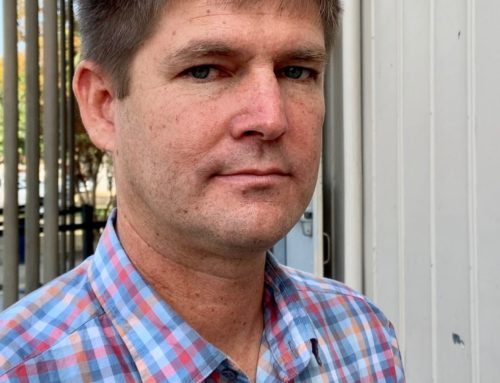
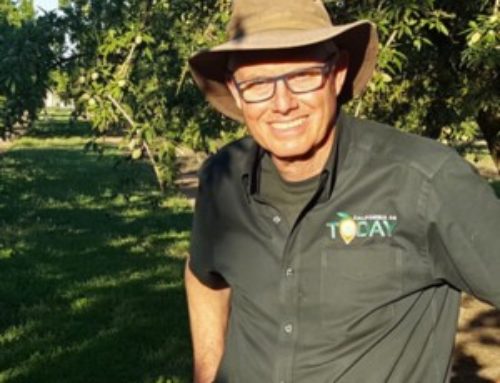
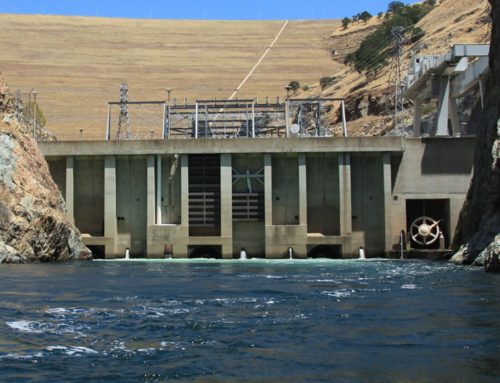
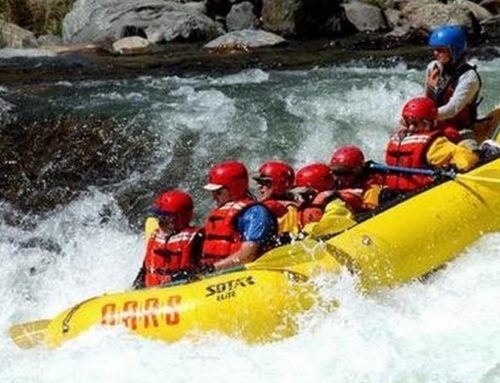
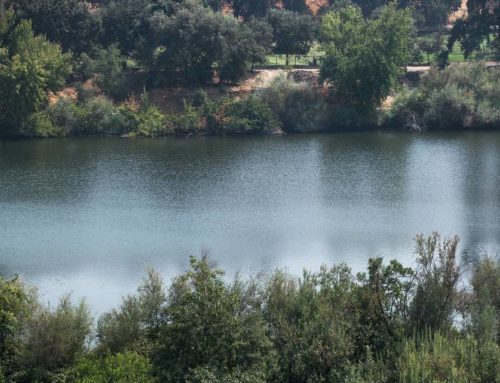

Social Contact